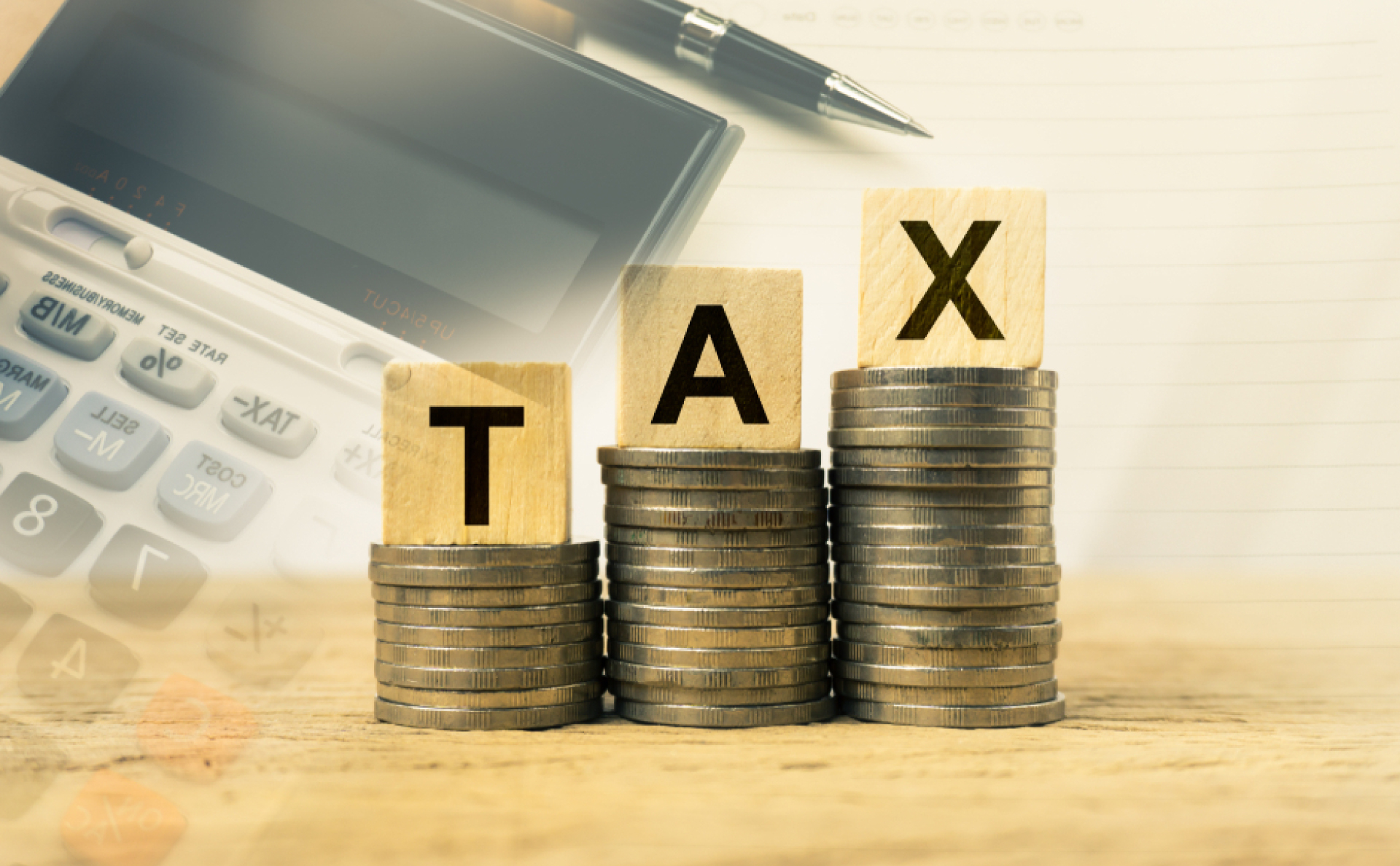FBR has achieved a remarkable milestone in its tax collection efforts, with the number of income tax return filers surpassing 7.2 million by June 30, 2025. This represents a significant 60% increase from the 4.5 million filers recorded in 2024, according to a statement from the Prime Minister’s Office (PMO).
The surge is attributed to ongoing reforms and digitisation initiatives led by the Federal Board of Revenue (FBR), which have streamlined processes and boosted compliance. These developments were highlighted during a review meeting chaired by Prime Minister Shehbaz Sharif on Wednesday, July 23, 2025, focusing on the FBR’s reform agenda.Significant Growth in Tax Filers and RevenueThe increase in income tax filers reflects the success of the FBR’s strategic measures, which have not only expanded the tax base but also improved the country’s tax-to-GDP ratio. The meeting revealed a historic 1.5% rise in the tax-to-GDP ratio for 2025 compared to the previous year.
This achievement underscores the effectiveness of enforcement actions and the integration of technology in tax collection processes. For instance, the retail sector saw a substantial boost, with tax collection on income rising by Rs455 billion by June 30, 2025, compared to 2024. This growth was driven by the implementation of Point-of-Sale (POS) integration, which aligns retailer systems with the FBR, alongside robust enforcement efforts.The FBR’s digitisation initiatives have been pivotal. A faceless customs clearance system is set to reduce clearance times from 52 hours to just 12 hours within the next three months.
This efficiency will benefit businesses by speeding up operations and reducing delays. Additionally, a specialised system for handling appeals through video links has been introduced, ensuring timely resolution of cases without the need for in-person interactions. These measures reflect a broader push toward a modern, transparent, and taxpayer-friendly system.Supporting Industries and Reducing CostsThe FBR’s reforms have also had a positive impact on Pakistan’s manufacturing sector. The weighted average tariff on imports has decreased by 2.16%, lowering raw material costs for industries. This reduction is expected to enhance competitiveness and support industrial growth, aligning with the government’s goal of fostering economic development. By incorporating recommendations from international experts, the FBR aims to further refine its tax reforms and digitisation efforts across various economic sectors.Prime Minister’s Vision for Sustainable ReformsDuring the review meeting, Prime Minister Shehbaz Sharif commended the FBR officials and staff for their dedication to the reform process. However, he emphasized that while the increase in tax filers and revenue is a positive step, sustained efforts are needed to ensure long-term success.
He directed the FBR to finalize actionable targets with clear timelines and present them at the next meeting. The prime minister stressed the importance of making digitisation a permanent and sustainable component of the FBR’s operations, stating, “Digitisation has supported goal achievement, but steps must now be taken to make it a sustainable, permanent system.”To address the informal economy, PM Shehbaz called for additional enforcement measures to bring more individuals and businesses into the tax net. He also instructed the development of a comprehensive roadmap for restructuring the FBR’s Digital Wing, with specific timelines for achieving objectives. Stakeholder consultation was highlighted as a priority, ensuring that businesses, traders, and taxpayers are included in the reform process. The prime minister emphasized that facilitating these groups is essential to the success of the FBR’s initiatives.Key Reforms Driving SuccessThe FBR’s reforms have focused on leveraging technology to enhance efficiency and transparency. The faceless customs clearance system and POS integration are prime examples of how digitisation is transforming tax administration. The appeal system, which allows for virtual case resolutions, reduces bureaucratic hurdles and ensures faster outcomes for taxpayers. These innovations not only improve compliance but also build trust in the system by making it more accessible and user-friendly.The increase in tax filers is a testament to the effectiveness of these measures. By aligning retailer systems with the FBR and enforcing compliance, the retail sector has become a significant contributor to tax revenue. The Rs455 billion increase in retail tax collection highlights the potential of technology-driven reforms to unlock new revenue streams. Similarly, the reduction in import tariffs demonstrates the FBR’s commitment to supporting industries while maintaining fiscal discipline.Challenges and the Path ForwardDespite these achievements, challenges remain. The informal economy continues to pose a significant hurdle, with many businesses and individuals operating outside the tax net. The FBR’s enforcement measures aim to address this issue, but sustained efforts and public awareness campaigns will be crucial. Additionally, ensuring that digitisation efforts are scalable and resilient will require ongoing investment in technology and training for FBR staff.The government’s focus on stakeholder consultation is a positive step. By involving businesses, traders, and taxpayers in the reform process, the FBR can address their concerns and tailor solutions to their needs. This collaborative approach will be key to sustaining the momentum of the current reforms and achieving long-term economic goals.How Taxpayers Can Stay InformedTaxpayers are encouraged to stay updated on FBR initiatives through the FBR’s official website. The website provides resources on filing returns, understanding tax obligations, and accessing digital tools. Businesses and individuals can also benefit from the FBR’s helpline and online portals, which offer guidance on compliance and dispute resolution.For those in the retail sector, adopting POS integration is critical to ensuring compliance and avoiding penalties. The FBR’s efforts to simplify tax processes through digitisation make it easier for taxpayers to meet their obligations, and businesses are urged to take advantage of these tools to streamline their operations.




